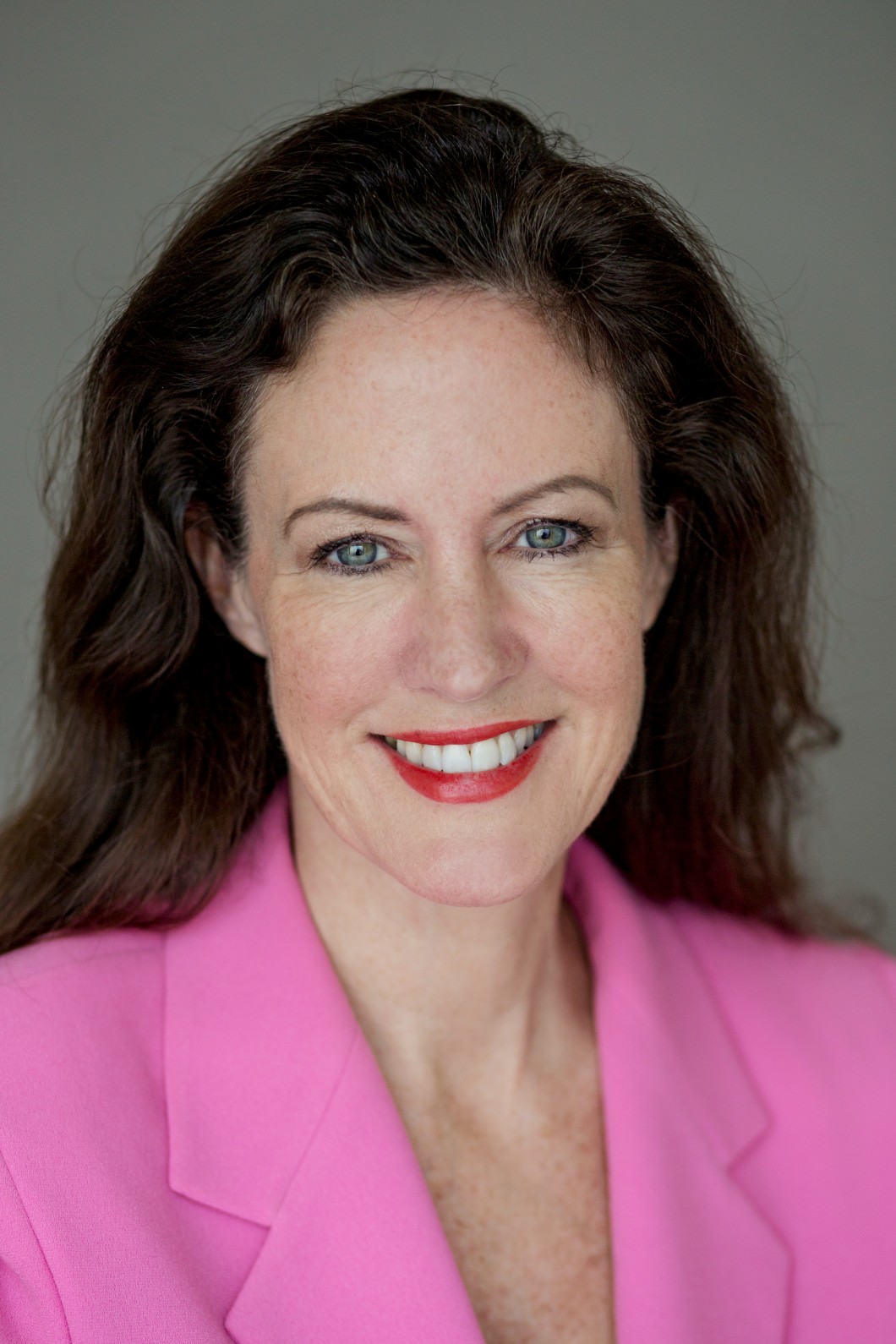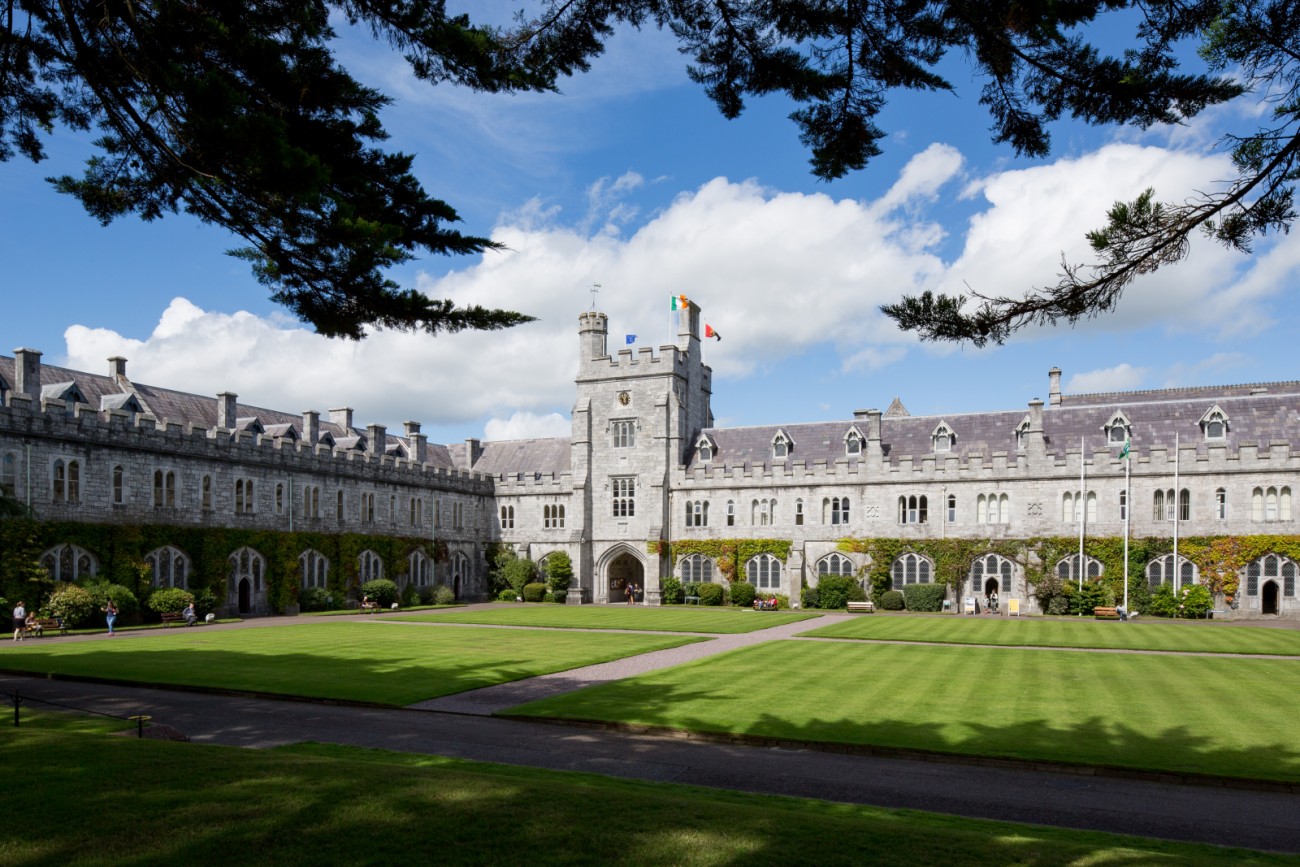
Member Spotlight: Jean van Sinderen-Law

Amid the COVID-19 pandemic, advancement professionals around the globe have had to rethink how to foster and maintain relationships.
“Advancement is a contact sport. During a period like this we can’t meet people in person, but we can do a lot virtually,” explains Jean van Sinderen-Law, associate vice president, director of European relations and public affairs, at University College Cork in Ireland. Here, she explores how to nurture relationships online and overcome the challenges of leading and working during a crisis.
Tell us about your role at University College Cork.
I am responsible for establishing key partnerships for the university with European institutions, universities, governments, and agencies to advance UCC’s education, research, and public engagement missions. These partnerships bring new ideas and new practices to the university which enable the cultivation of work-ready and world-ready graduates through research and training, staff and student mobility, investment, and the delivery of excellence in learning, teaching, cultural, sporting, and social programmes. Such partnerships harness new opportunities, not only for the university but for its partners and stakeholders nationally and internationally, thus contributing to economic, social, and cultural growth.
You were part of CASE’s ToGather conversation about current challenges for institutions amid COVID-19. What are the biggest challenges around leading and working in this environment?
The biggest challenges are giving direction to people. No one is sure of the future, but the role of a leader is to set direction and to enable people to navigate within that uncertainty. I think you have to be very encouraging and also realise who in the team is capable of delivering on objectives and empower them to do so.
People who are used to being very busy may be, in some cases, less busy because the situation prevents them from doing what they normally do. A leader needs to acknowledge that and encourage them to try new things during this time. It is a time when a leader can enable progress and advancement of team members.
How has the COVID-19 global pandemic changed the way advancement professionals should approach relationship-building?
Advancement is a contact sport. During a period like this we can’t meet people in person, but we can do a lot virtually. Whatever you do to keep your personal relationships going, you should do the same to keep your institutional relationships going. We should not differentiate between them.
For personal connections, make a list of those relationships of greatest importance and pick up the phone to talk to the key person (two per day). Just ask how they are getting on and if there is anything we can help them with. If you received a call from someone who had spent time thinking about challenges you might have and who came up with solutions or offers of help, would you be heartened?
As for online connections:
- Set time aside to stay connected. Online relationships require nurturing just as much as (if not more than) those in the “real world.” Add nurturing activities to your to-do list every day. Staying connected with people is more challenging in the virtual world. What we now write must also convey warmth and connectivity. In the past that was done in person and the written word tended to be more factual.
- Don’t treat virtual relationships as separate and distinct from non-virtual relationships.
- Take the time to build up new connections. We have access to webinars, etc. now. Participate and build up new contacts through them.
- Do research on what companies are now doing to respond to the crisis—for example, call to find out more, offer help, follow up and stay in touch.
- Keep your online profile up to date. When connecting on LinkedIn, customize your outgoing message; I know it takes time, but it makes it personal. Also ensure that your professional bio is up to date on your departmental/university site.
- Use video. We have all seen how powerful video is as a tool, particularly as we almost self-isolate. It is the next best thing to being there.
- Engage in active online discussions. You will be amazed at the number of people who will reach out to you and you to them through this process.
- Acknowledge and thank when people comment on your posts.
- Tag your contacts on messages you post online.
What are the most important things to remember about fundraising during a crisis?
Fundraising is an outcome of relationship-building. Focus on the relationships. Share developments as they happen so that when the day dawns for seeking support for those developments, your prospect is already aware of it.
Alumni always want to be proud of their alma maters. Share stories of how the Institution has responded to the crisis and what role it is playing in the global emergency.
Use the opportunity to thank donors/supporters and to engage them.
What do you find most rewarding about your work?
Most rewarding about my work is the fact that this is a new role in the institution. In fact, it is my fifth role in UCC. Each role was created afresh so I have been the first person to develop each role and team. I find that rewarding. Needless to say, “wins” are rewarding, so too are building relationships which lead to concrete outcomes, be that consortium applications for funding or successful bids or revenue generation or new approaches to doing things. It’s exciting to collaborate with people across the institution who, had this role not been developed or had I not been asked to do it, I would never have had the pleasure of knowing or working with. I like strategizing and implementing according to a plan, patterning, and connecting.

What gives you hope for the future?
First of all, gratitude. I’m grateful to be employed by the University College Cork and to be able to contribute to our institution’s mission. I love working outside of my comfort zone, exploring new challenges, and covering fresh ground. We have realized the “art of the possible” and that is energizing. Here at the university, we organized our first-ever online conferring ceremony in less than nine days. That would not have been thought possible in the past. I look forward to new ways of working and the hugely evolving nature of higher education. From every crisis comes opportunities.